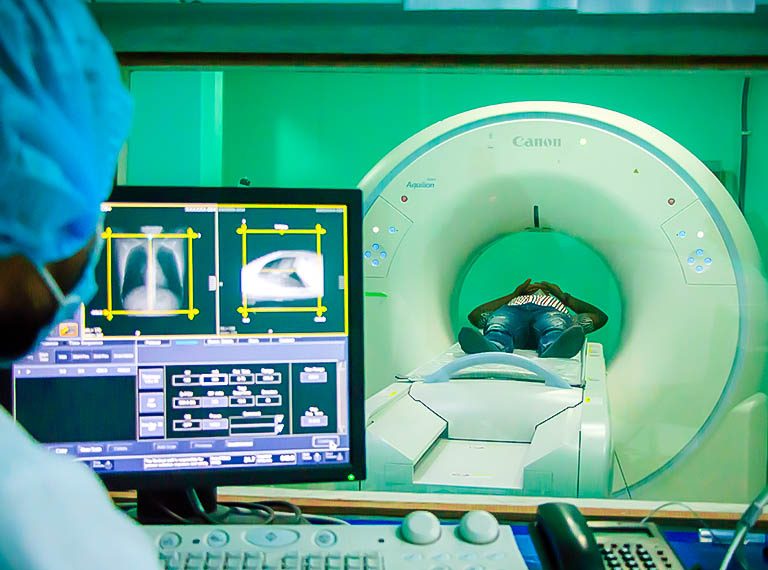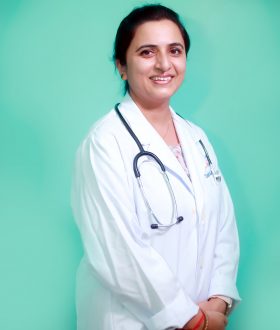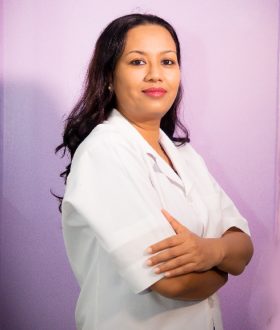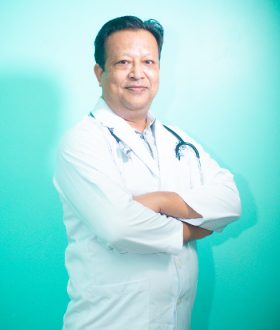- Home
- Departments
- Clinical Oncologist
Overview
Clinical oncologists are doctors who use radiotherapy and chemotherapy to treat and manage patients with cancer. They also use a range of other treatments to treat cancers, without using surgery.
Clinical oncologists are involved in the management of all types of cancer. They work closely with other colleagues in large multidisciplinary teams that focus on the treatment of cancer affecting particular parts of the body or systems. Clinical oncologists enjoy close working relationships with patients and manage their cancer throughout the disease. Some patients can be cured, but for others the emphasis is on effective palliative care and improving quality of life.
They use both radiotherapy and also, what is known as systemic therapy. This includes chemotherapy, hormone therapy and biological agents, all of which are used to treat cancer. Technologies in the field of clinical oncology are developing rapidly. For example, some tumors can be treated with highly sophisticated precision external beam radiation therapy such as proton beam therapy.

Sub-specialties
- Breast
- Central nervous system/neurological
- Colo-rectal
- Genito-urinary
- Gynecology
- Head and neck
- Lung
- Hematological malignancy
- Pediatric
- Sarcomas
- Skin
- Teen and young adult
- Thyroid
- Upper gastro-intestinal
They use both radiotherapy and also, what is known as systemic therapy. This includes chemotherapy, hormone therapy and biological agents, all of which are used to treat cancer. Technologies in the field of clinical oncology are developing rapidly. For example, some tumors can be treated with highly sophisticated precision external beam radiation therapy such as proton beam therapy. Clinical oncologists determine which treatment to use by considering a range of factors including tumor type, the site of the tumor, the stage of the disease and the patient’s general health. They then assess the relative merits of different treatments before presenting these to the patient so that an informed decision can be made.
The actual cancer diagnosis is usually given by another specialist, but it is with the clinical oncologist that the patient can ask important questions about their condition and treatment. Helping patients to come to terms with their condition and treatment is a vital part of the work. You’ll also spend time in the radiotherapy department, working alongside colleagues and planning individual radiotherapy treatments. These individual patient plans are also a very important part of your work.
Meet Our Doctors
Our administration and support staff all have exceptional people skills and trained to assist you with all medical enquiries. Doctors will be availableat their given time, kindly call to confirm your Appointment.
Emergency Cases
Please feel welcome to contact our friendly reception staff with any general or medical enquiry call us.





